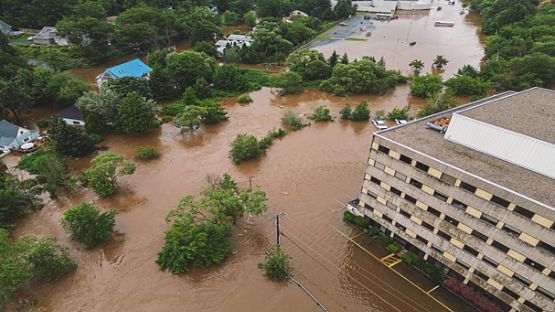As a wholesaler you can be held liable for faulty products that cause injury, death or property damage to a third party, such as a customer, or for food or beverages that cause sickness. In brief, product liability means that a court can hold you responsible and make your company pay for loss, injuries or damages that were caused by your products. Defects in design, manufacturing and marketing, including incorrect labelling or safety warnings, are the most common reasons that product liability claims are launched.
Who is liable in the distribution chain?
Product liability follows the chain of distribution, and anyone in that chain, from the manufacturer to the retailer and including the wholesaler, can be held responsible. Claims are usually brought against the retailer first, who then takes it to the wholesaler and who in turn takes it to the manufacturer. If the manufacturer doesn’t have coverage, liability then falls on the wholesaler.
Where am I most at risk concerning liability of goods?
There are specific activities that can increase your risk of exposure as a wholesaler. These include:
- modifying a product, no matter how minor the modification
- repackaging or relabelling a product, especially if repackaging has inadequate instructions that can result in injury to the consumer
- providing installation or repairs for a product
- awareness of and failure to communicate knowledge of a defective product, especially for products that have been recalled
- importing dangerous products
- transit risks associated with the distribution of the goods you are selling
- improper handling or storage of foods and beverages, resulting in sickness or injury
- failing to alert consumers to the possibility of certain allergens, such as nuts and eggs, in food products
How can I reduce the risk of a product liability claim?
Accurate record keeping is critical. Keep records of everything that enters and leaves your warehouse. Include batch numbers so that goods can be easily traced. Thorough record keeping can also ensure larger recall risks are caught early, which can reduce the overall impact of the recall to your business. Include in your records details about the time and location of manufacturing. Without this specific information, you may be on the hook for a liability claim. Finally, include shelving and expiry dates as well as any repackaging and modifications you may have made to the product in your record keeping.
What insurance coverage is available relating to liability of goods?
Your broker can help you with liability and other insurance for your wholesaling business and answer any additional questions you may have. For more information, contact your insurance broker. If you don’t have one, use our Find a Broker tool.













